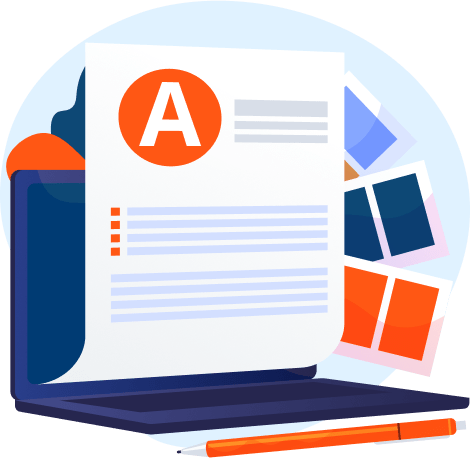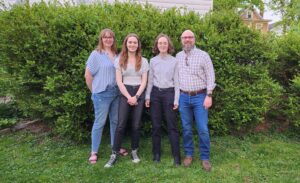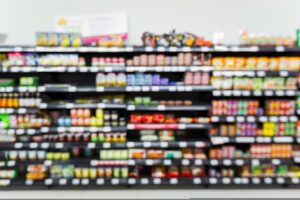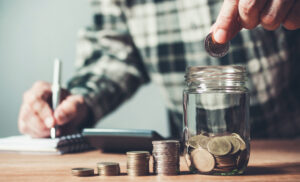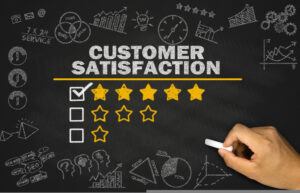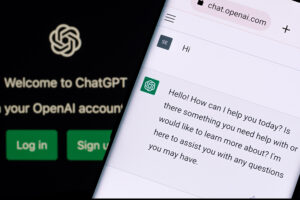Taking a concept to product is like winning a long war. When an idea is realized into a physical product, it can feel like a success in itself. But that’s not how success is measured. Success is defined by product sales.
Product Testing: Risk vs. Reward
Product testing inherently does not have a risk – it has a cost. So, the question isn’t, “is it worth the risk?” The question is, “can I risk not product testing?” Everyone thinks they have created the perfect product, but without product testing, we end up with products like Cheetos Lip Balm. (It’s a real thing, look it up!)
Product testing is the friend you trust to tell you that you are, in fact, not pulling off that outfit. You might see the outfit in the mall and think it’s a great idea. You even put it on in the dressing room and look in the mirror and decide to buy it. You purchase it, take it home, and put it on before going out to the big party. Your friend comes over and tells you the truth, right to your face. “No, sweetie, you can’t wear that.” You’re NOT going to wear that outfit, even though you spent all that time going out to get it.
This is product testing. Even if you spent all that time developing a product, if people are saying they don’t like it, should we just put it out to market anyway, spending, and possibly wasting, more money?
Yes, it may catch big errors that end up costing you money on the back-end, but it can save you money in the long run. Product testing can provide you with information. Maybe the product only requires a couple of tweaks and then can be taken to market with newfound confidence.
Product Testing: Would’ve Could’ve Should’ve
Once a product is out on the shelves, there shouldn’t be any would’ve, could’ve or should’ves. Eliminate problems by identifying them. Product testing isn’t available for everyone or every product, because not every business can afford to product test. If you can see what the consumers like or dislike about your product, it can be improved and fine-tuned before it hits the shelves.
Tesla
In September, Tesla recalled 1.1 million cars in the US because their window automatic reversal system may not detect an obstruction – meaning if you press the window up button, you may lose the ability to count all the way up to ten on your fingers.
This defect was found during product testing being run in August of this year. Unfortunately, the product is obviously already out on the streets, hence the recall. In some industries, this can be a major setback. Recalling 1.1 million of anything can put some people out of business. As for Tesla, this problem can be solved by a simple software update that can be sent out the same way your iPhone updates periodically.
Hoverboards
Do you remember a couple of years ago when every kid on the block was getting the hoverboard for Christmas? Videos were online all over the place of people falling off them. The lithium batteries were exploding left and right, so most companies selling hoverboards had to start recalling them. Maybe we’re not quite ready for hoverboards yet, even though it sounds like a great idea.
How do you know if your idea is great?
The point is, there are plenty of great ideas. Wouldn’t it be a great idea for adults to have affordable, single-serve, healthy meals to bring to work? Gerber thought so. Back in the 70’s they made jarred adult single serves, sort of like an adult version of baby food. How do you think that went over?
Nobody wants their product to be a dud. We know you like your product – that’s why you thought of it. When Alfred Fielding and Mark Chavannes invented bubble wrap, they thought people were going to use it for wallpaper. It wasn’t until years later when IBM said, “hey guys, let us wrap our computers in that to send to our customers,” that they became a success.
Product testing allows you to open your mind to the thoughts of the consumer. You’re not the one buying the product. Look at what consumers feel about the product and how they will use it. Product testing can see the future of your product, whether it be a success, or, maybe, a change in direction. It speeds up the gathering of information and provides insight into the consumers’ mind before having them decide whether or not they will buy the product off the shelf.
Making the Right Choice
Product testing is one of your top risk reduction strategies. MAi Research has spent the last four decades ensuring our product testing is accurate and predictive. Let us assist you in making your product better, your business stronger and you the rock star of your organization. See how you can make it happen!
